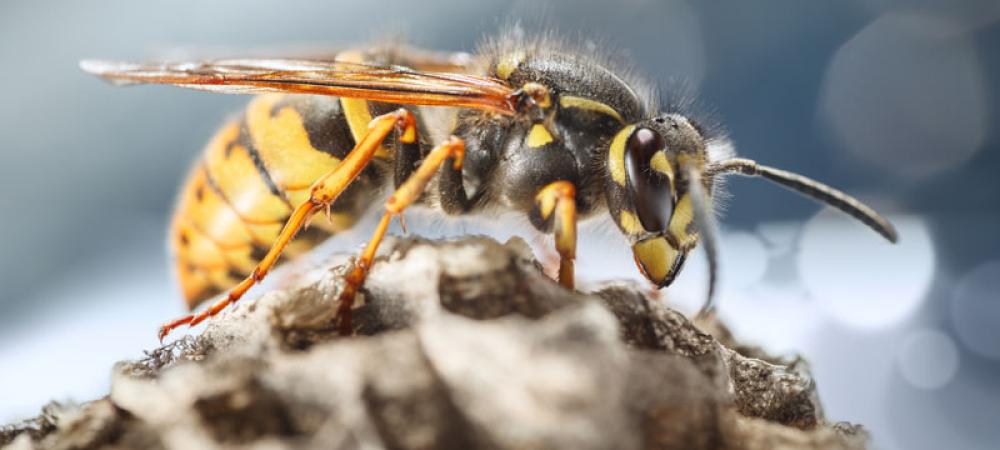Where Do Wasps Go in the Winter?

As winter approaches, the absence of wasps becomes noticeable. This seasonal change prompts important questions about wasp behavior and lifecycle, which are crucial for effective pest management and environmental awareness.
Most wasps don't survive the winter. However, fertilized queen wasps employ a remarkable survival strategy:
- They seek sheltered locations for hibernation
- Common hibernation spots include tree bark, wall cavities, and attics
- Queens enter a state of diapause, dramatically slowing their metabolism
Understanding this behavior is key for property managers and homeowners in predicting and managing spring wasp activity.
Do Wasps Die in the Winter?
The majority of a wasp colony doesn't survive the cold season:
- Worker wasps and males die off as temperatures drop.
- Food scarcity contributes to their demise.
- Only mated queens survive to establish new colonies in spring.
This natural cycle has implications for pest control timing and methods.
How Long do Wasps Live?
The lifespan of wasps varies significantly by role:
- Worker wasps and males: 2-3 weeks.
- Queen wasps: Up to one year.
The complete lifecycle from egg to adult spans 35-70 days, depending on species and environmental factors. This information is crucial for understanding wasp population dynamics and implementing effective control measures.
When do Wasps Come Out of Hibernation?
As temperatures rise, surviving queen wasps emerge to establish new colonies. This period is critical for detecting and preventing wasp infestations in commercial and residential properties early.
Understanding wasp winter behavior and lifecycle offers several practical benefits for both homeowners and pest management professionals:
- Improved Timing for Preventive Measures: By knowing when wasps hibernate and when they emerge, you can time preventive treatments more effectively, reducing the likelihood of infestations in the spring.
- Enhanced Ability to Locate and Address Nesting Sites: With knowledge of where queen wasps hibernate, you can better locate and remove potential nesting sites before they become active.
- More Effective Year-Round Pest Management Strategies: Understanding the wasp lifecycle allows for tailored pest control plans that address wasp activity during different seasons, ensuring continuous protection.
The seasonal behavior of wasps, particularly their winter survival strategies, plays a significant role in pest management practices. By understanding these patterns, we can implement more effective, timely, and ecologically sound control methods, benefiting both businesses and residents alike.
